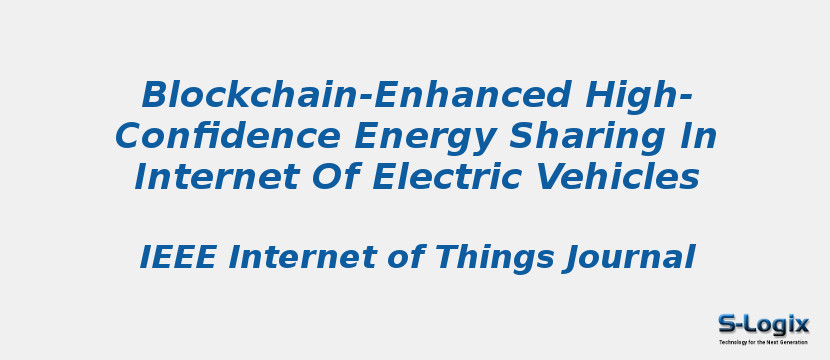Research Area: Internet of Things
To introduce the opportunities brought by plug-in hybrid electric vehicles (PHEVs) to the energy Internet, we propose a local vehicle-to-vehicle (V2V) energy trading architecture based on fog computing in social hotspots and model the social welfare maximization (SWM) problem to balance the interests of both charging and discharging PHEVs. Considering transaction security and privacy protection issues, we employ a consortium blockchain in our designed energy trading architecture, which is different from the traditional centralized power systems, to reduce the reliance on trusted third parties. Moreover, we improve the practical Byzantine fault tolerance (PBFT) algorithm and introduce it into a consensus algorithm, called the delegated proof of stake (DPOS) algorithm, to design a more efficient and promising consensus algorithm, called DPOSP, which greatly reduces resource consumption and enhances consensus efficiency. To encourage PHEVs to participate in V2V energy transactions, we design an energy iterative bidirectional auction (EIDA) mechanism to resolve the SWM problem and obtain optimal charging and discharging decisions and energy pricing. Finally, we conduct extensive simulations to verify the proposed DPOSP algorithm and provide numerical results for a comparison with the performance of the genetic algorithm and the Lagrange algorithm in achieving EIDA.
Keywords:
Author(s) Name: Gang Sun; Miao Dai; Feng Zhang; Hongfang Yu; Xiaojiang Du; Mohsen Guizani
Journal name: IEEE Internet of Things Journal
Conferrence name:
Publisher name: IEEE
DOI: 10.1109/JIOT.2020.2992994
Volume Information: ( Volume: 7, Issue: 9, Sept. 2020) Page(s): 7868 - 7882
